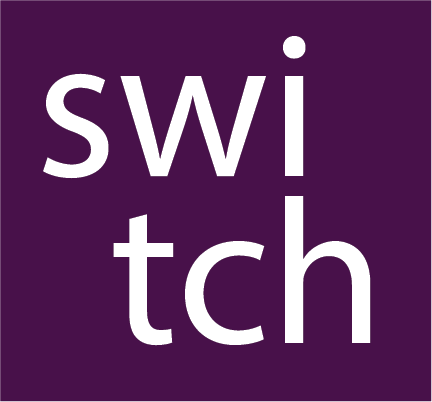Nadya Zhexembayeva’s 2020 Harvard Business Review article, “Stop Calling It ‘Innovation’”’, pinpoints a crucial challenge: the word ‘innovation’ itself often carries negative baggage within organizations. My own experiences echo her observations.
Across my career working with the design and creative industries, I’ve witnessed the innovation process unfold time and again. Yet, even when the outcome was exciting, there was sometimes a lingering sense that something vital was missing. I became fascinated by the ‘feel’ of that process – when things flow smoothly, and particularly, when the path to new ideas gets bumpy.
This curiosity led me to pursue a master’s in Organizational Development. There, I gained the tools to understand the often-overlooked human and cultural factors that can make or break innovation efforts. This knowledge is now the heart of the Switch Innovation Method.
Our method sets itself apart by prioritizing people – not their efficiency, or simply the process, but their authentic experience. We ask critical questions:
- Is the space psychologically safe? Can diverse thinkers contribute without fear?
- Do people understand their roles and feel genuine belonging?
- How are leaders actively inspiring the team, fostering an innovation-driven culture?
Without addressing these dynamics, innovation suffers. Results might happen, but the journey won’t feel good, hindering future engagement.
Of course, innovation can mean change, and sometimes, extra work. But it can also be profoundly empowering – a place where people feel included, find meaning, and have a genuine voice in shaping their organization’s future. In today’s fast-paced world, organizations that foster environments where good ideas surface and flourish will hold a significant advantage.
The Switch Innovation Method emphasizes this human process of innovation, creating a sustainable model where ideas thrive, and individuals feel driven to contribute to lasting organizational success.
